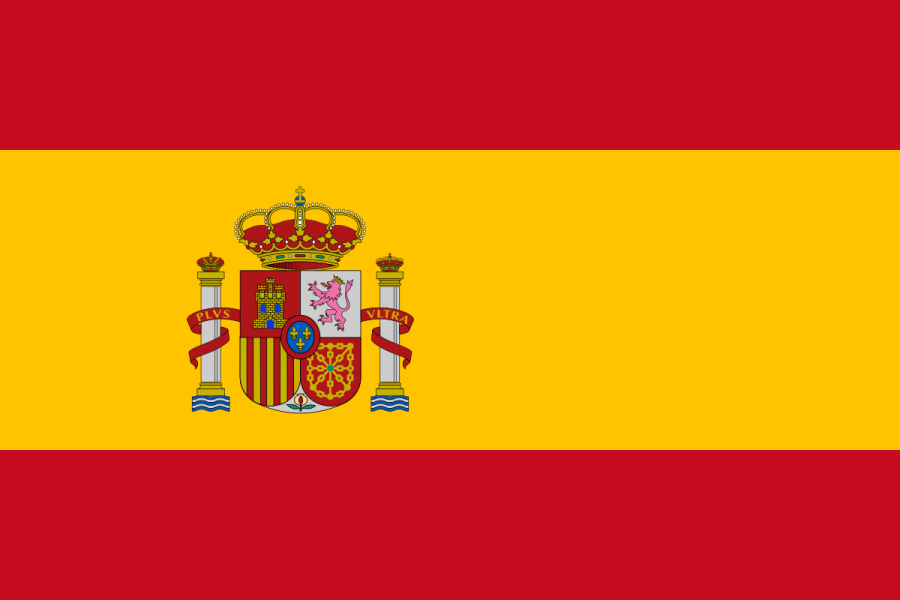Can Spain’s dairy industry thrive with new farmers? Discover the urgent call for investment to secure future milk supply and meet growing demand.

Imagine strolling through Spain’s beautiful countryside, where dairy farming has been a tradition for generations. Today, this lovely industry faces significant challenges. Dairy farms are disappearing, and older farmers mean Spain needs new dairy farmers to keep supplying raw milk.
Younger people are less interested in dairy farming, so milk production is at risk. Without new farmers, Spain might have milk shortages, affecting cheese making and daily use. It’s about saving an essential part of Spain’s culture.
Spain’s dairy sector needs significant investments to update facilities, use sustainable methods, and attract the next generation. Investing now can keep dairy farms a crucial part of Spain’s countryside.
If you want to know more about the future of Spain’s dairy farming industry, this article explains why new farmers and investments are so important. Learn about the challenges and barriers to modernization and how smart investments can ensure high-quality dairy products for years.
The Spanish Dairy Farming Industry Faces Critical Challenges
The Spanish dairy farming industry faces critical challenges. A declining number of dairy farmers and a lack of modern investments harm productivity. When experienced farmers retire, not enough young people replace them, creating a workforce gap.
Declining Number of Dairy Farmers
Several factors contribute to the declining number of dairy farmers. Economic pressures like low milk prices and high operational costs make small farms less viable, and the unlawful behavior of major dairy industries impairs fair price negotiations.
Younger generations are less inclined toward dairy farming due to several perceived challenges. These include the demanding nature of the work, low financial rewards, and the availability of better-paying opportunities in urban sectors. Additionally, rural depopulation and strict regulations further complicate the situation, making it difficult for new farmers to enter the industry.
To ensure continuity, supportive policies, tech investments, and awareness programs are needed to attract and retain new dairy farmers.
Lack of Modern Investments
The high cost of technological implementation deters modernization. Advanced farming systems require substantial capital, often unaffordable for smaller farms. Market ups and downs and price instability further dissuade investors from seeking stable returns. The complexity and cost of regulatory compliance make modernization daunting.
Spain’s Dairy Sector is at a Crossroads
Spain’s dairy sector is at a crossroads. Investing in dairy farming isn’t just about milk; it’s about boosting a vital part of the economy. The Spanish dairy industry generates around €13 billion annually and provides over 60,000 jobs. Despite its significance, the sector faces urgent challenges. Supporting it is not just about preserving a tradition, but also about safeguarding a significant contributor to Spain’s economy and culture.
While the sector is vulnerable, there have been success stories. For instance, [specific farmer’s name] was able to transform their farm with a substantial investment, leading to increased productivity and competitiveness. However, more targeted and substantial investments are required to transform the industry and ensure its resilience.
Upgrading infrastructure and new technologies can help, but financial incentives like grants and low-interest loans are crucial. These financial aids can make dairy farming more attractive, removing financial burdens that deter potential farmers. Attracting new talent is essential to secure a steady supply of high-quality dairy products. Additionally, these incentives can help existing farmers modernize their operations, making them more sustainable and competitive globally.
Training and support programs are essential for new farmers. These programs provide education and hands-on training through mentorships, workshops, and technical support. They also foster a supportive community, where young farmers can learn from experienced ones and navigate the challenges of modern dairy farming. This comprehensive approach can significantly attract and retain new talent in the sector.
Sustainable practices in dairy farming must be prioritized. By emphasizing the urgency of adopting environmentally friendly techniques, Spain can ensure the longevity and health of its dairy industry. These measures not only reduce environmental impact but also promote high-quality dairy products that align with Spain’s culinary heritage, making it a win-win situation for all.
Government Initiatives to Support New Farmers
The Spanish government is taking action to revive the dairy sector and attract new farmers. It is offering financial grants and subsidies to make dairy farming more appealing to young entrepreneurs.
In rural areas, there are educational programs and workshops on modern farming techniques, sustainable practices, and business management skills. These initiatives help future dairy farmers get the knowledge and tools they need to succeed.
We encourage cooperative enterprises among dairy farmers. By forming cooperatives, farmers can pool resources, share knowledge, and access larger markets, strengthening their bargaining power and spreading risks and rewards more fairly.
New compensation schemes help farmers deal with financial losses. Farmers can claim compensation for unexpected losses, offering them a safety net.
Access to high-quality technology and equipment is also a priority. Investments in modern infrastructure help farmers improve productivity and meet international quality standards.
Advocacy groups like Ganaderos Productores de Leche Pura (GPL) play a crucial role in supporting sustainable and profitable dairy farming. They represent over 7,000 farmers nationwide and are a powerful voice for the dairy sector. Their efforts include lobbying for fair price negotiations, advocating for supportive policies, and promoting sustainable farming practices.
By focusing on these areas, the Spanish government is showing its commitment to preserving the future of the dairy sector, ensuring it remains strong and able to meet both national and global demand for high-quality dairy products.
The Bottom Line
Ensuring a steady supply of raw milk is crucial for Spain. As demand for high-quality dairy products rises, keeping the milk supply constant is essential for both small farms and big companies. This means meeting today’s needs and securing Spain’s future in agriculture.
Investing in dairy farming is not just about making money; it’s about investing in Spain’s future. The dairy industry has the potential to generate significant returns on investment. For instance, [specific data on the industry’s financial performance]. By investing in sustainable farming , we can attract new farmers and ensure long-term growth and sustainability.
Investing in dairy farming is more than making money; it’s about investing in Spain’s future. With the right support and modernization, the dairy industry can create a strong agricultural sector that meets today’s needs and prepares for tomorrow’s challenges.
Key Takeaways:
- A notable decline in the number of active dairy farmers.
- Insufficient modern investments leading to outdated farming practices.
- Economic pressures including low milk prices and high operational costs.
- Lack of interest from younger generations due to rural depopulation and perceived difficulties in dairy farming.
“Investing in Spain’s dairy sector is not just about securing milk; it’s about enriching the country’s economy and preserving its cultural heritage.”











